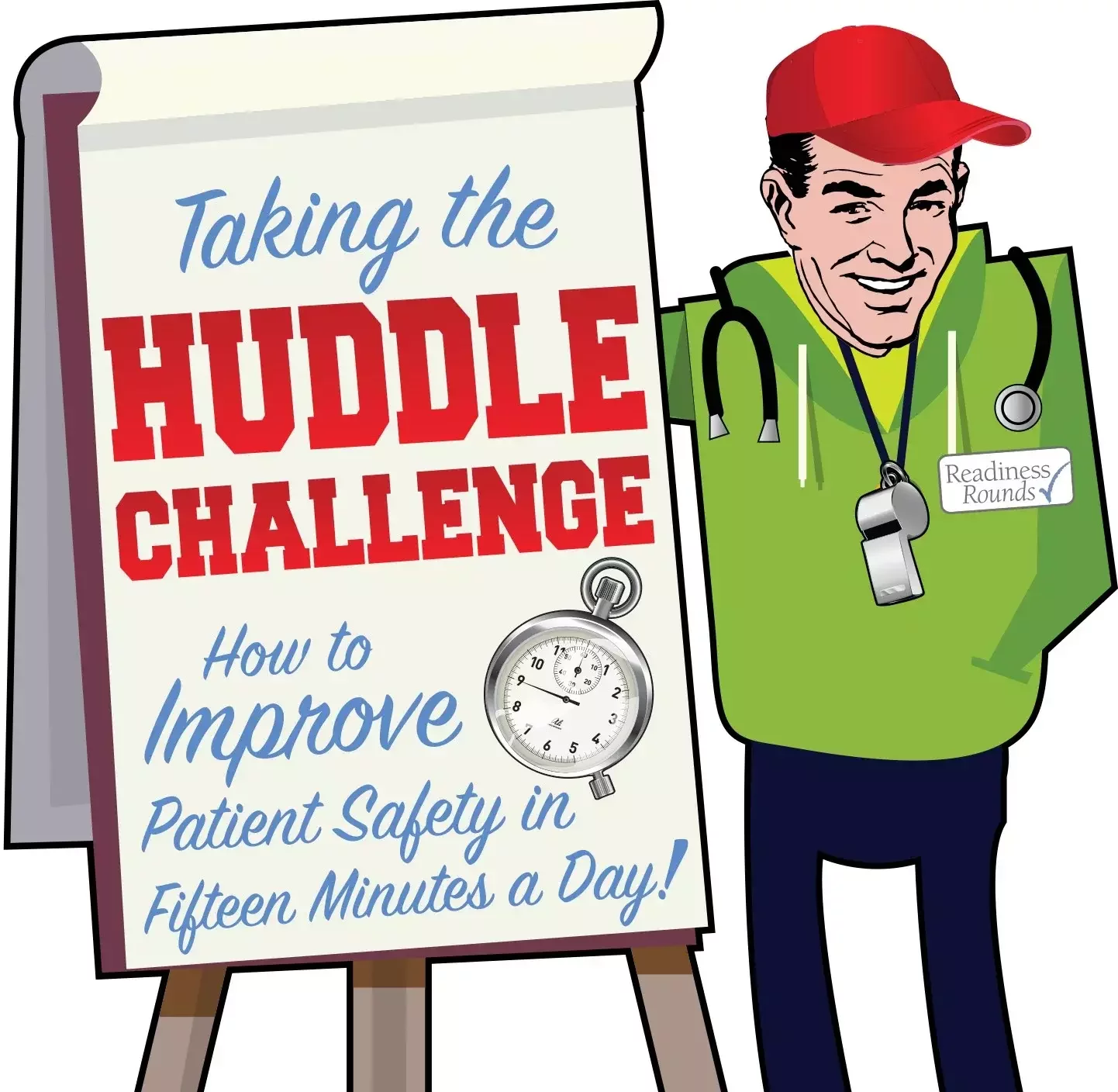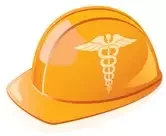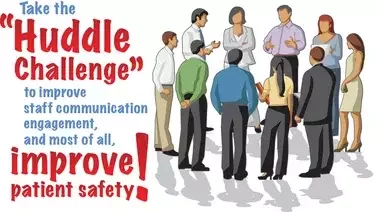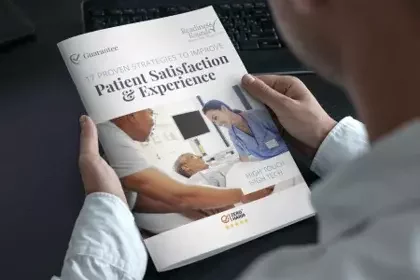
Meetings, meetings, meetings….every patient care unit in every hospital generally has a monthly staff meeting. They usually last about an hour and all available managers and staff attend to discuss matters applicable to the unit. Historically, they have low attendance and low engagement; because, although they are “mandatory,” they are perceived as a nuisance by the front-line nurses who are busy caring for their patients.

When was the last time you took the time to examine the actual content of a staff meeting? Have you evaluated whether or not the information provided is effective in improving the safety of the care provided by staff? Are policies and procedures reinforced and discussed? Are processes looked at in an effort to streamline and, as a result, improve performance? Or have they degraded enough to end up as sessions centered on complaints about staffing, patient-to-staff ratios, the lack of supplies and leadership support, etc.?

If you’re still locked into the mindset of having a monthly staff meeting, I challenge you to try a quick, daily 15-minute Huddle. Huddles have fast become the norm for many hospital units as they have proven to:
- Be easier for front-line staff attendance;
- Heighten participation levels;
- Increase the perception of working as a team (due to the frequent gatherings); and
- Can provide a vehicle to keep staff “in the know” about the goings-on of the unit.
The topics of Huddles can widely vary. Below are three suggestions that will start the conversation flowing and will prove to be productive and valuable time spent for all staff.
3 Ways to Run a Productive Huddle:
1. Orientation & Annual Review Content:
No one’s ever truly learned anything by graphic pad of paper and penjust watching a video. It takes repetition and adoption into practice to create real knowledge. Instead of assuming that your staff knows what to do in a fire or disaster situation – reiterate the information in a Huddle and challenge them to spot-check each other on the topic of the week. Your staff education will improve and when accrediting bodies come for survey they won’t feel put on the spot when questions are asked of them by surveyors. Plus, you’ll feel more at ease knowing if an unanticipated event occurs, the staff will know what steps to take and your patients will be safe.

2. Discussion of Timely Patient Safety Issues:



In order to ensure your Huddle is most effective, follow these general guidelines:
- Keep huddle to < 15 minutes
- Keep huddles a predictable and consistent part of the day
- Remember to have fun and start the day right
- To manage more than 1 shift, make a “Huddle Leader” or assign the charge RN to lead the huddle
- Open the forum to what the nurses feel is important
Learn more from the AAFP article entitled "Huddle: Improve Office Efficiency in Mere Minutes".

Download our FREE Approaches to Improving Patient Satisfaction eBook:

